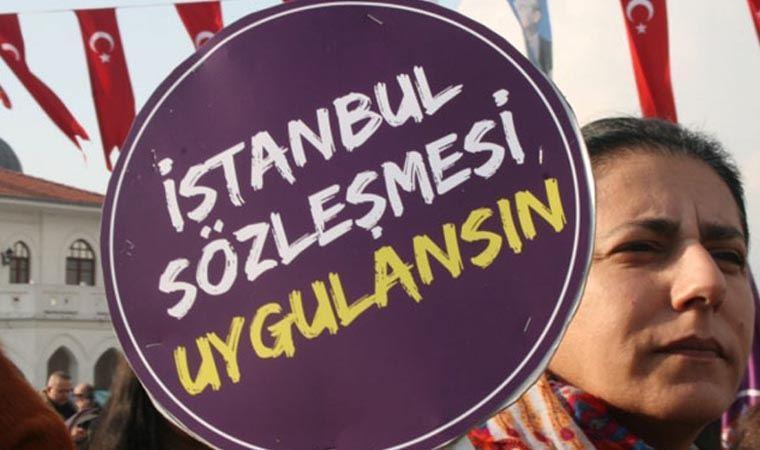
The Turkish Presidency has sent its defense to the 10th Chamber of the Council of State upon the lawsuits filed for the annulment of a decision to withdraw from the Istanbul Convention.
In the defense, it was demanded that the lawsuits be dismissed, arguing that they were “unjustified and devoid of legal basis” and noted that in Article 80 of the Istanbul Convention it was emphasized that any of the parties may terminate the contract for itself at any time by a notification to the secretary-general of the Council of Europe.
“Withdrawal of our country from the aforementioned convention will not lead to a legal or practical defect in the prevention of violence against women,” the defense said.
“There is no doubt that the judicial remedy is closed against the actions of the president in his capacity as the head of state and which concern the best interests of the state,” it said.
The annulment is a transaction carried out by the executive body within the framework of international relations in the subject matter of the lawsuit and is not subject to judicial review, the presidential defense added.
There is no contradiction with the constitution in the regulation of the termination of the contract by the presidential decree, it added.
After the defenses are received, the 10th Chamber of the Council of State is expected to make a decision on the stay of execution and then the lawsuits in a short time.
A presidential decree published on March 20 announced the withdrawal from the Council of Europe Convention on preventing and combating violence against women and domestic violence.
Turkey’s decision to withdraw from the Istanbul Convention will enter into force on July 1.
Several NGOs and opposition parties, including the Republican People’s Party (CHP) and the İYİ (Good) Party, opened lawsuits against the decision.